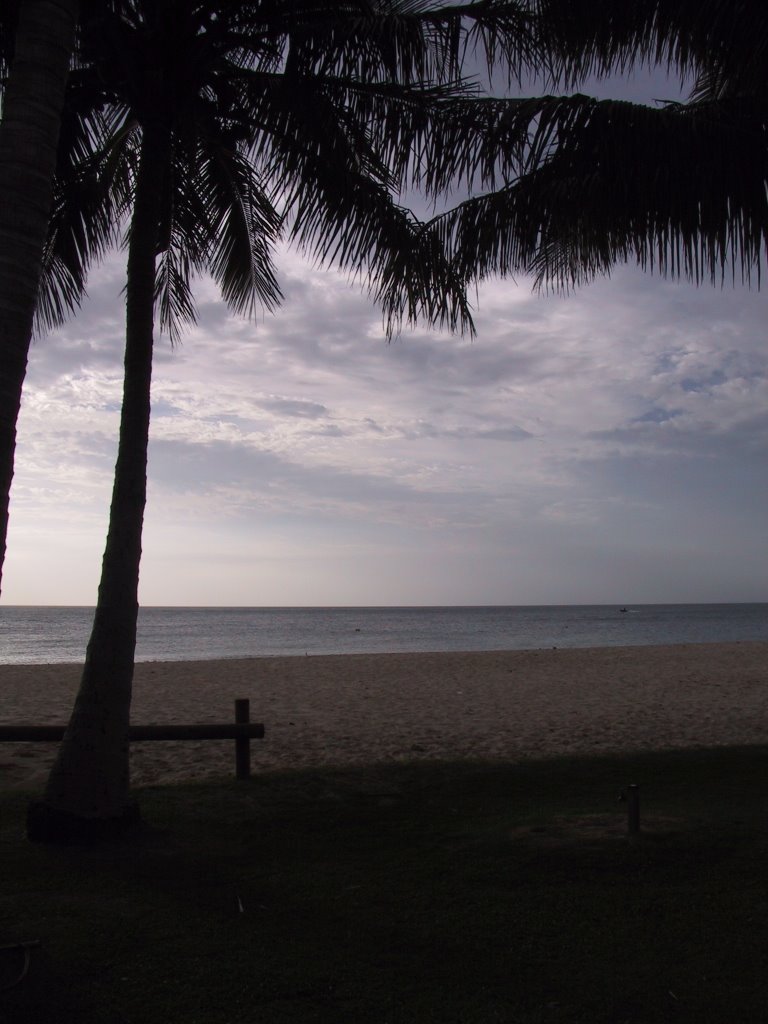The Gospel from Outer Space
 Kurt Vonnegut's classic 1969 novel Slaughterhouse 5 is a humorously bleak look at, amongst other things, the firebombing of Dresden and alien abduction. Both are experienced by the text's mentally and temporally unstable protagonist, Billy Pilgrim, and both are equally shocking and inexplicable. The novel's title refers to the building in which Billy, an American POW in Nazi Germany, survived the Allied bombing raid in February 1945 that killed tens of thousands of civilians. Vonnegut was also a US POW who survived the Dresden firestorm in Schlachthaus fünf, though he is not Billy Pilgrim.
Kurt Vonnegut's classic 1969 novel Slaughterhouse 5 is a humorously bleak look at, amongst other things, the firebombing of Dresden and alien abduction. Both are experienced by the text's mentally and temporally unstable protagonist, Billy Pilgrim, and both are equally shocking and inexplicable. The novel's title refers to the building in which Billy, an American POW in Nazi Germany, survived the Allied bombing raid in February 1945 that killed tens of thousands of civilians. Vonnegut was also a US POW who survived the Dresden firestorm in Schlachthaus fünf, though he is not Billy Pilgrim.
Within the novel is a minor character called Kilgore Trout, an undiscovered science-fiction writer, whose ideas are usually better than his prose. Brief plot outlines of his works are scattered throughout Slaughterhouse 5, providing ironic commentary on the characters:
So Rosewater told [Billy Pilgrim what he was reading]. It was The Gospel from Outer Space, by Kilgore Trout. It was about a visitor from outer space, shaped very much like a Tralfamadorian, by the way [the alien species who abduct Billy once he has returned from the war]. The visitor from outer space made a serious study of Christianity, to learn, if he could, why Christians found it so easy to be cruel. He concluded that at least part of the trouble was slipshod storytelling in the New Testament. He supposed that the intent of the Gospels, was to teach people, among other things, to be merciful, even to the lowest of the low.
But the Gospels actually taught this:
Before you kill somebody, make absolutely sure he isn't well connected. So it goes.
The flaw in the Christ stories, said the visitor from outer space, was that Christ, who didn't look like much, was actually the Son of the Most Powerful Being in the Universe. Readers understood that, so, when they came to the crucifixion, they naturally thought, and Rosewater read out loud again:
Oh boy – they sure picked the wrong guy to lynch that time!
And that thought had a brother: 'There are right people to lynch.' Who? People not well connected. So it goes.
The visitor from outer space made a gift to Earth of a new Gospel. In it, Jesus really was a nobody, and a pain in the neck to a lot of people with better connections than he had. He still got to say all the lovely and puzzling things he said in the other Gospels.
So the people amused themselves one day by nailing him to a cross and planting the cross in the ground. There couldn't possibly be any repercussions, the lynchers thought. The reader would have to think that, too, since the new Gospel hammered home again and again what a nobody Jesus was.
And then, just before the nobody died, the heavens opened up, and there was thunder and lightning. The voice of God came crashing down. He told the people that he was adopting the bum as his son, giving him the full powers and privileges of The Son of the the Creator of the Universe throughout all eternity. God said this: From this moment on, He will punish horribly anybody who torments a bum who has no connections!







